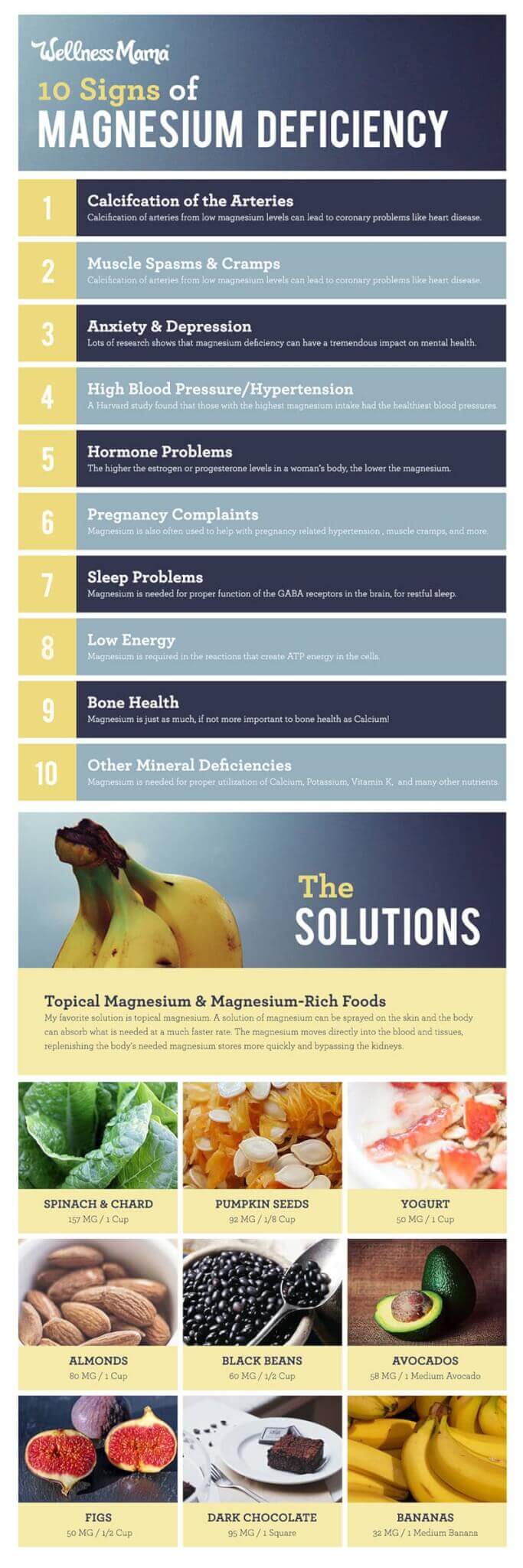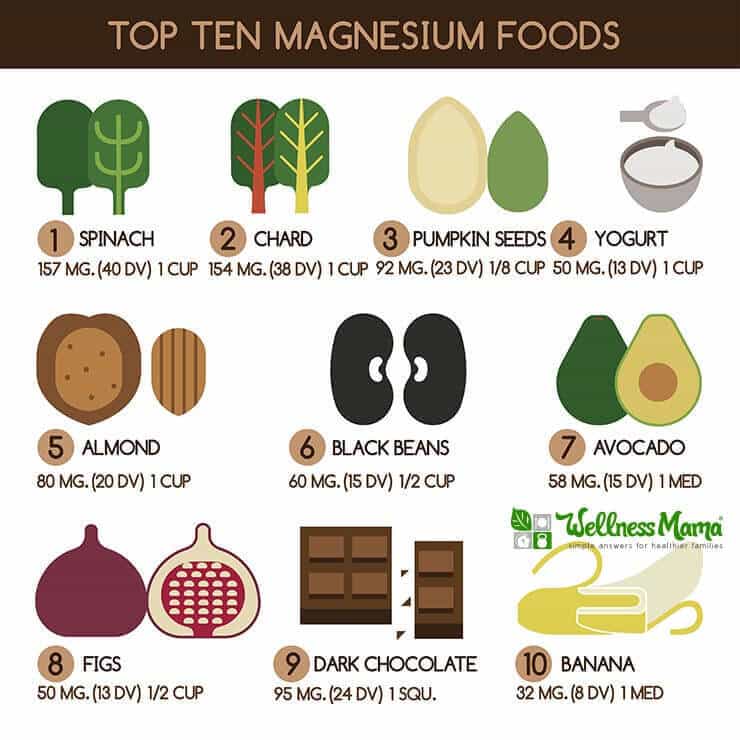Read some of what our clients say about PureHavenSA – Testimonials

The Ultimate Guide to Detox: Phases 1, 2, and 3 by PureHavenSA™
The Ultimate Guide to Detox: Phases 1, 2, and 3
Detoxification is a vital process that helps your body eliminate harmful toxins, restoring balance and boosting overall health. At PureHavenSA™, we offer a comprehensive three-phase detox program designed to thoroughly cleanse your body. A downloadable PDF guide is available at checkout to explain the “How-to” for each phase.
Let’s dive into each phase to understand its importance and benefits.

Benefits: Enhances digestive regularity. Clears harmful toxins. Prepares the body for deeper detoxification.
Why Is It Important?
Before beginning any detox program, it’s essential to start with a colon cleanse. The colon acts as your body’s waste disposal system. If it’s clogged, toxins cannot be effectively eliminated, which can hinder your detox journey. This phase ensures your digestive system is prepared for the next steps.
What Does It Involve?
Hexane-Free Castor Oil: Helps flush out toxins from the colon. Magnesium Crystals and Spray: Supports digestive health and promotes efficient elimination.
Professional Holistic Body Analyser
R88 000,00

Benefits: Removes parasites and worms. Improves nutrient absorption. Helps reduce belly fat.
Phase 2: Deworming and Belly Fat Reduction
Why Is It Important?
Once your colon is cleansed, the next step is to eliminate parasites and worms from your intestines. These parasites can cause health issues and impair nutrient absorption, preventing your body from functioning optimally.
What Does It Involve?
14-Day Deworming Program: Targets and removes parasites effectively.
Supportive Supplements: Aids the immune system and assists in reducing belly fat.
Professional Holistic Body Analyser
R88 000,00

Benefits: Restores healthy gut microbiome. Boosts immune function. Supports overall health and vitality.
Phase 3: Rebuild Your Gut and Immunity
Why Is It Important?
After eliminating toxins and parasites, it’s crucial to restore gut health. A healthy gut is the cornerstone of a strong immune system and overall well-being.
What Does It Involve?
PureHavenSA™ and Bio-Sil Products: These helps replenish healthy gut bacteria and strengthen immunity.
Professional Holistic Body Analyser
R88 000,00
Why Follow This Protocol?
Starting with a colon cleanse is critical to ensure toxins are eliminated properly. Skipping this step can result in toxins being reabsorbed into the body, reducing the detox’s effectiveness. By following all three phases, you can achieve a complete detox, leading to better health and energy. 🌿
Understanding Constipation and Its Effects
What Is Constipation?
It’s not just about infrequent bowel movements but also includes incomplete emptying of the bowels.
Diarrhea and Constipation Connection
Diarrhea may indicate underlying constipation caused by waste buildup and blockages.
Dangers of Constipation
Fatigue, stomach cramps, brain fog, and hemorrhoids can result from waste accumulation and straining during bowel movements.
Frequency of Bowel Movements
Daily bowel movements do not guarantee a healthy colon if waste isn’t fully eliminated.
To Learn More, Visit the PureHavenSA™ website to watch videos on each phase of detoxification. These resources provide detailed instructions to help you detox effectively and improve your health. 🌿
Submit a Testimonial – Form
TOP 10 Signs & Symptoms of Magnesium Deficiency
Magnesium deficiency is a widespread problem and some estimates suggest that over 90% of us are deficient. I’ve been writing about magnesium for years, but am even more concerned about this problem lately. Why Is Magnesium Such a Big Deal?
Can Magnesium Improve Health? Can Oil in your Car Help You Make It Up Mountains?
Mainstream medicine often asks stupid questions and says ridiculous things. “We need adequate amounts of magnesium for healthy muscle, nerve, and cardiovascular system function.” (Of this, there is no doubt) “Most people get enough of it in their everyday diet.” (This is not true at all.) Most people are deficient in magnesium, and this is more than true for anyone with a chronic illness.
Sulfur – Insulin – Diabetes, Dr. Sircus Explains
Insulin’s functionality is significantly influenced by its structural integrity, which is maintained by disulfide bonds. Heavy metals clog up receptor sites, break and bend sulfur bonds in important enzymes like insulin, damage the DNA, and in
general muck up everything to do with healthy biological life.
If you don’t have Magnesium in your house, get some today!
Magnesium deficiency is a cause and essential treatment for cancer that oncologists completely overlook. Magnesium is a serious cancer medicine because it stabilizes ATP and allows for DNA and RNA transcriptions and repairs.
The Ultimate Guide to Inflammation and Detox
In today's fast-paced world, many people are...
Boost Your Heart Wellness with Vitamin E Detoxification: What You Need to Know
Maintaining heart wellness is crucial for...
Unlocking the Long-term Benefits of Vitamin E: How Detoxification Enhances Your Health
Vitamin E is often celebrated for its remarkable...
Unlock Radiant Skin: How Vitamin E Boosts Your Self-Improvement and Detox Journey
Unlocking radiant skin is more than just a...
13 Health Concerns Demystified and Resolved: A Holistic Guide
Unleash Your Potential: 13 Health Concerns...
































